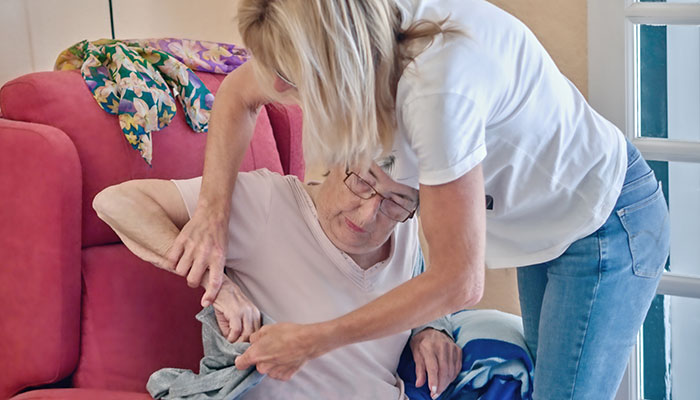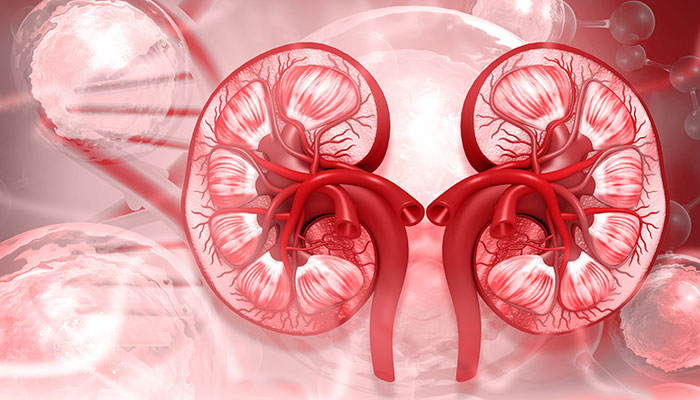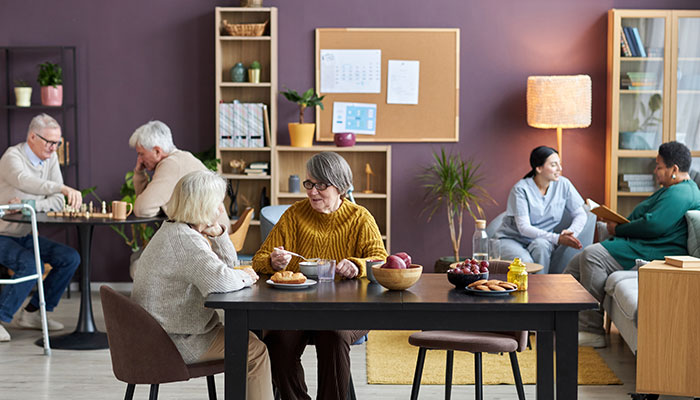Caregiving Tips
Home visits are in!
If the person you care for needs therapy or other medical services but has trouble getting out, house calls are a great solution. Historically, Medicare has had strict rules for home-based services and how “homebound” a patient must be for the services to be covered. It also limits the number of visits per week or…
Read MoreAdaptive clothing
If you have dressed a relative with dementia or assisted a family member with Parkinson’s, you know there are challenges involved. Dressing requires physical coordination, fine-motor skills, flexible joints, and range of motion. Not being able to dress oneself is both frustrating and embarrassing. Fortunately, clothes designers have developed garments with important adaptations. Adaptive clothing…
Read MoreWhat is “inflammaging”?
Chronic inflammation is like the body (your “house”) catching fire. We have all dealt with acute inflammation. It comes with injury, such as a sprained ankle. Or infection, such as staph, bronchitis, etc. Inflammation is a sign that the body’s defenses are rushing in. In the normal course of events, healing occurs and the immune…
Read MoreBefore you suggest assisted living
“On your mark! Get set! Wait!” That is the experience, and in fact the best strategy, when hoping to persuade an older relative to move to assisted living. You may feel sure your mom or dad needs extra help. But they may not agree. This is a common dilemma. For instance, you may have noticed…
Read MoreChoosing a support group
Are you feeling isolated, alone, frustrated, anxious, or just plain sad as you care for your loved one? Meeting with others who are also facing caregiving challenges can be very helpful. You can share anything, from coping with the emotional demands of your role to handling difficult behaviors. Rather than judgment, you’ll find affirmation in…
Read MoreServing as a special needs trustee
A “special needs trust” (SNT) is typically created to provide financial support for a disabled individual. Aging parents of a person with Down syndrome might create an SNT to provide for their child’s needs after they have died. The SNT trustee must manage the endowment to benefit the person with special needs over time. The…
Read MoreChronic kidney disease
Chronic kidney disease (CKD) affects one out of seven Americans. It is among the top ten causes of death in the United States. At first, its symptoms are very subtle and it progresses slowly, getting worse over decades. People often don’t know they have CKD. By the time significant symptoms emerge, the kidneys have been…
Read MoreInsomnia in older adults
Older adults need about seven hours of sleep at night. But they often have difficulty falling asleep and staying asleep. They frequently wake up early and are not able to go back to sleep. This is due in part to normal changes of aging. We just don’t spend as much time in the deep phases…
Read MoreWhat is “assisted living”?
There are many options for older adults who can no longer live at home independently. Assisted living facilities (ALFs) are tailored to individuals with health concerns that do not require the 24-hour medical attention provided by a nursing home. ALFs enable residents to be freed from the chore of meal preparation and housework and be…
Read MoreDealing with disgust
The emotion of disgust is a natural response. It evolved to protect us from potentially dangerous, scary, or infecting situations. But when it arises in the course of caring for a loved one—you involuntarily gag, for instance—it may cause you both distress. Getting to the other side of the disgust response can lead to deep…
Read More









